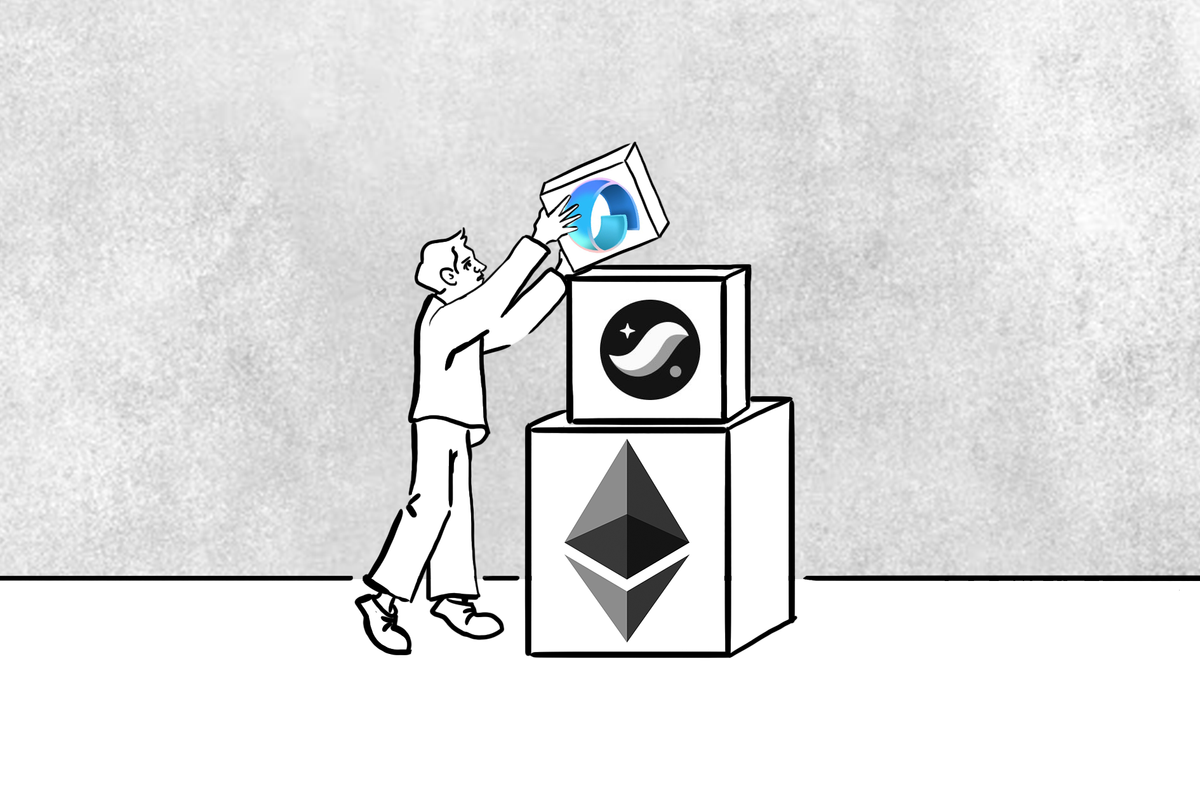
Data availability is garnering more attention and a growing interest in the cryptocurrency sector. Celestia, a trailblazer in this area, has experienced a fivefold increase in its token value since launching, and now, the spotlight is turning towards its competitor, Avail.
Yet to release its own token, Avail is actively expanding its network of partners, and recently announced a collaboration with Ethereum Layer 2 solution StarkWare.
StarkWare plans to use Avail to implement scalable data availability on its Madara-based appchains. Avail’s dedicated data availability layer is set to enhance Starknet’s ability to create efficient, high-capacity blockchains.
StarkWare’s approach involves L2s as a scalability layer for Ethereum and L3s for customization. Developers can create tailored apps and explore different models without building directly on Ethereum’s L1. Integrating Avail’s solution could further reduce costs and boost performance on L3, which will settle to the Public Starknet on L2 before finalizing on Ethereum.
Source: medium.com
Currently in testnet, Avail is expected to launch in the first quarter of next year, with Madara following in the second quarter.
Why is data availability a major issue in blockchain?
The challenge is ensuring that all data in a proposed block is accessible. If it is not, the block producer could hide malicious transactions. Consider the case of Optimistic Rollups (OPRs), where a user submits an assertion on Ethereum. If the transaction data is not available, other participants cannot verify or contest her assertion.
To address this, OPR designs require operators to submit complete transaction details on Ethereum as ‘calldata’. This solves the data availability issue temporarily, but as transactions in rollups increase, so does the required data. This limits how much these rollups can scale.
Furthermore, as transactions on both L1s and L2s increase, the cost of ensuring data availability becomes a burden. For example, 100kB of calldata on Ethereum currently costs over $26.22. Data availability solutions like Avail have the potential to reduce these costs by more than 90%.
StarkWare initially considered using a Data Availability Committee before finally deciding to integrate with Avail. This involves keeping data off-chain and relying on a trusted committee for its availability, although this approach has faced significant criticism. Some developers argue that it could allow a malicious committee to potentially “freeze all funds on the chain indefinitely.”
Consequently, data availability networks such as Avail and Celestia have been developed specifically to address this issue and they are likely to see increased demand as activity on Ethereum and its L2s continues to grow.

